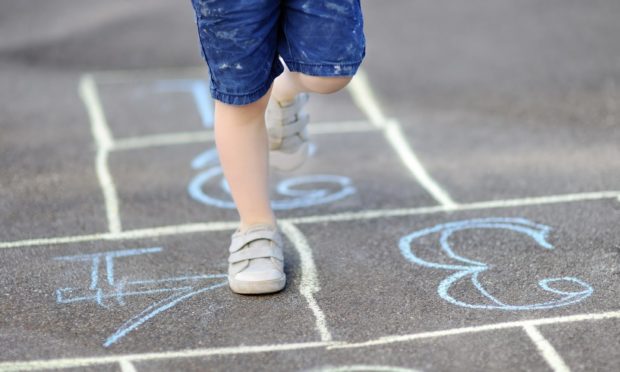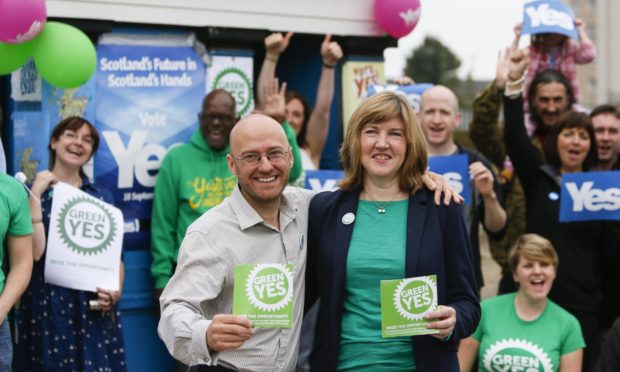Pupils could have the right to access in-school counselling services as evidence shows youth mental health has worsened during the Covid-19 pandemic.
The Scottish Greens are set to announce the plans as part of their Holyrood election manifesto tomorrow.
It will outline plans to give every child and young person access to mental health counselling through their school, should they require it.
Local authorities in Scotland would be required to make the services accessible to every pupil.
With the impact of Covid, lockdowns and school closures over the last year, there is no doubt we’re facing a mental health emergency.”
These new proposals follow an earlier announcement from the Scottish Greens which would see an additional £235 million invested in mental health services.
Some £16 million would be allocated towards services to help children and young people.
Alison Johnstone, the Scottish Green’s mental health spokesperson, said the policy aimed to help stop the growing “mental health emergency”.
Mental health concerns have worsened for many young people in Scotland since the start of the pandemic, according to new evidence.
A recent survey of more than 6,000 young people, held by the Scottish Young Parliament, Youthlink and YoungScot found 38% of respondents do not feel good about their mental health.
Experts at the Evidence Based Practice Unit and Anna Freud Centre also examined international evidence and found that mental health difficulties have “markedly increased” during the pandemic.
Since 2013, a similar approach has been taken in Wales, as council have been required to provide counselling services for young people.
Speaking ahead of the manifesto launch, Ms Johnstone said: “The mental health of young people in Scotland was already quickly worsening before the pandemic hit.
“With the impact of Covid, lockdowns and school closures over the last year, there is no doubt we’re facing a mental health emergency, so it is essential that young people receive support when and where they need it. For many, that will be at school.
After the year they have endured, we owe it to them to do this properly.”
“The Scottish Greens are proposing a right to school-based counselling services because we know they are absolutely vital to supporting the mental health of young people in Scotland.
“Where they are in place they regularly support young people before their mental health reaches a crisis point.
“For too many pupils across Scotland though that support just hasn’t been there when they needed it.
“Progress has been made recently on the recruitment of specialist counsellors for schools but if we want to guarantee that these specialists will always be accessible, as is the case in Wales, we need to establish it as a right for every young person. After the year they have endured, we owe it to them to do this properly.”
POLL: Should homework for primary school children be scrapped?

